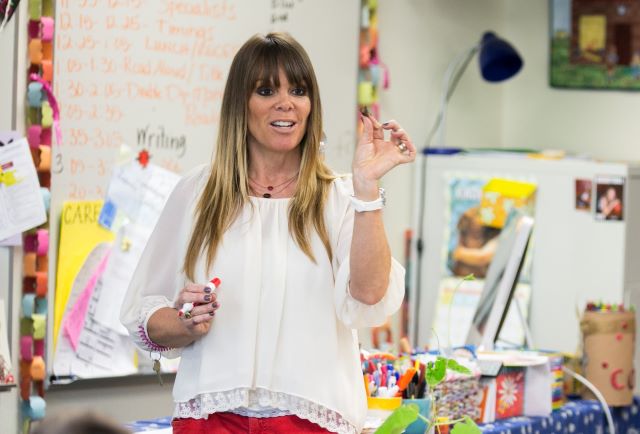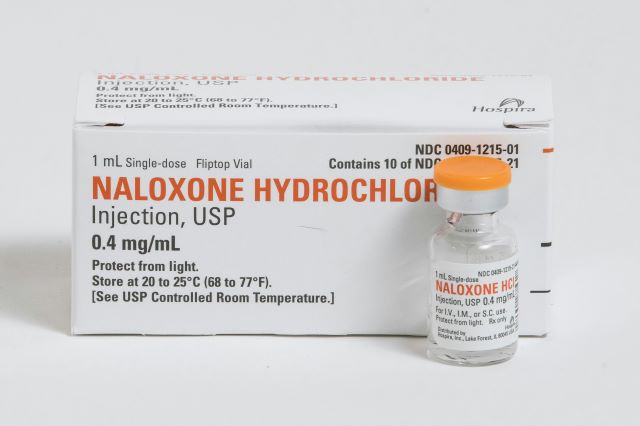Friends and neighbors,
Some of the most critical issues facing the legislature this session included funding for schools – especially special education – and responding to the fentanyl and opioid crisis. I have long sought to end the arbitrary and unconscionable cap on special education funding. As a UW School of Public Health faculty member, I know we can save the lives of many teens and college students who are at risk of overdosing – often while thinking they are using a prescription drug. That is why I proposed the first-in-the-nation funding to distribute opioid overdose naloxone to high school juniors, seniors, and college students.
Improving school funding.
We were able to make progress on fully funding special education this year. We increased funding from 15% to 16% and asked the State Auditor to conduct a review of the prevalence of disabilities in schools so we have a sense of what it will take to completely remove the cap on special education funding (House Bill 2180). This step forward is not enough. Limiting our support for special education services is unconscionable and I will continue to work to fully end the cap on special education funding.

(Credit: LSS Photography)
The legislature also increased allocations for paraeducators, office support staff, and non-instructional aides in the prototypical school funding model (Senate Bill 5882) and increased state funding for materials, supplies, and operating costs (House Bill 2494).
These are all good steps but do not go far enough. We must do more. Our schools are telling us that we need to do more, and I will continue working to ensure that our students are supported in all the ways they deserve.
Ensuring access to naloxone.
Across Washington fentanyl and opioid deaths are rising fastest among youth and young adults. About two-thirds of teen overdoses occur at home with someone else present – usually another student or sibling present. If college and high school students have opioid overdose reversal nasal spray at home or in a dorm room, we will save many young lives. That is why I worked with Washington’s pediatricians to draft and pass the first-in-the-nation funding to provide cost and barrier-free naloxone to college and high school students to take home – no questions asked!
It’s also why I co-sponsored House Bill 2112, which establishes and funds prevention education on higher education campuses in Washington. I also cosponsored House Bill 1956, which establishes a similar program in Washington’s public middle and high schools.

Senate Bill 5804 ensures that there is naloxone in buildings in districts with fewer than 2,000 students. Larger districts already must meet this requirement – from legislation I passed in 2019.
The supplemental operating budget supported these bills by allocating $345,000 for naloxone in high schools, another $400,000 for higher education institutions, and an additional $230,000 to expand on the emergency contraception vending machine program we funded last year for college campuses to now include naloxone.
Additionally, the supplemental budget allocates $4 million for community distribution of naloxone, another $1.25 million for naloxone for first responders, and $133,000 for naloxone in libraries.
These policies and investments ensure that all districts, higher education institutions, and communities are better prepared to administer this lifesaving treatment in the event of an overdose.
Thank you,

Representative Gerry Pollet
